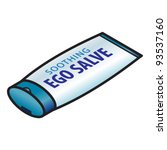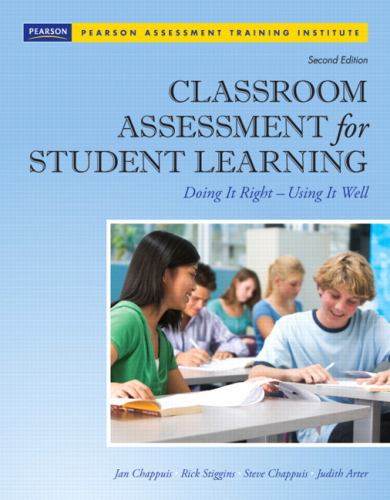Tuesday, I got my feet wet with deconstructing a content standard after a presentation over the information. Today, I am studying this section of Classroom Assessment for Student Learning, and I quickly learned that although I was on the right path the other day, I was not quite where I needed to be. So now am I teaching myself how to do this the correct way.
To begin with, I am using Kentucky's Deconstructing Standards Flowchart to guide my thinking.
This week, I am going to be working on the following standard to wrap up "Flowers for Algernon":
- TEK 8.6 B analyze how
the central characters’ qualities influence the theme of a fictional work and
resolution of the central conflict
When I played with this process a few days ago, I had not used one of the TEKS but had instead focused on my classroom objective regarding a TEK. That is not what the deconstruction process is for. It is designed to help break down the complexity of the standard itself.
With my analysis of 8.6B, I realized that there are only two targets: knowledge and reasoning.
|
- Knowledge Targets: What does a student
need to know and understand to attain mastery of this standard? (p 61)
- I have broken this down into as many pieces as possible. To attain mastery, each student needs to have a basic knowledge of analysis, central characters, character traits, the elements of plot, theme, and the meaning of influence.
- Reasoning Targets: What patterns of reasoning, if any, are required to attain mastery of
this standard?
- With all of those knowledge pieces, each student needs to be able to us thought processes to:
- infer character traits
- create a theme
- figure out how the character traits connect to that theme
- identity both the conflict and the resolution
- make a connection between the conflict and resolution
- determine how that information connects to the theme
- put it all together
For one standard, that's a lot of understanding and thinking!
Now I need to synthesize all of this to figure out how to put everything into student friendly terms.
- I can explain how Charlie's characteristics influenced how the story ended.
- I can explain the message of the story.
What do I do with this after the breakdown? Prior to this deconstruction, I would have gone through a series of questions and then told my kids to write a response. At least that is how I was putting everything together a few days ago. Now, I am going to start with a formative pre-assessment to make sure my students actually know the knowledge pieces. I have created a presentation that I am uploading into Nearpod. This will allow me to instantly see who knows what and determine if I need to go into more detail with any of the knowledge components.
 |
| Example of Nearpod poll |
Once we have gone through this process and discussed/reviewed any information that kids need, we will move on to the reasoning stage. I have a set of prepared questions (I did not make this) that guide them from point A to B based on the TEK. I think I will have the kids working on these in small groups to bring back to a large group discussion.
In the end, I want them to put together a paragraph that synthesizes all of this information. But, I am now realizing that assigning this is not teaching it, and if I am not teaching it, I should not be using it as a summative assessment. Instead, I think we may end up writing the paragraph together.
So if I do all of this formative assessment, how do I do a summative assessment? My curriculum instruction specialist put together a list of extension questions based on some of our TEKS. I believe if I use the following question, my students should be able to go back through the analysis process and create a unique writing product. At least I hope so!

I am about to test my own teaching and my patience. Let the games begin!
|
 Last week, as we continued through our practice round of vocabulary collecting, I moved beyond definitions and brief products to synthesis. And boy, did my kids groan. In my world, groaning equals "I ROCK!"
Last week, as we continued through our practice round of vocabulary collecting, I moved beyond definitions and brief products to synthesis. And boy, did my kids groan. In my world, groaning equals "I ROCK!"

































